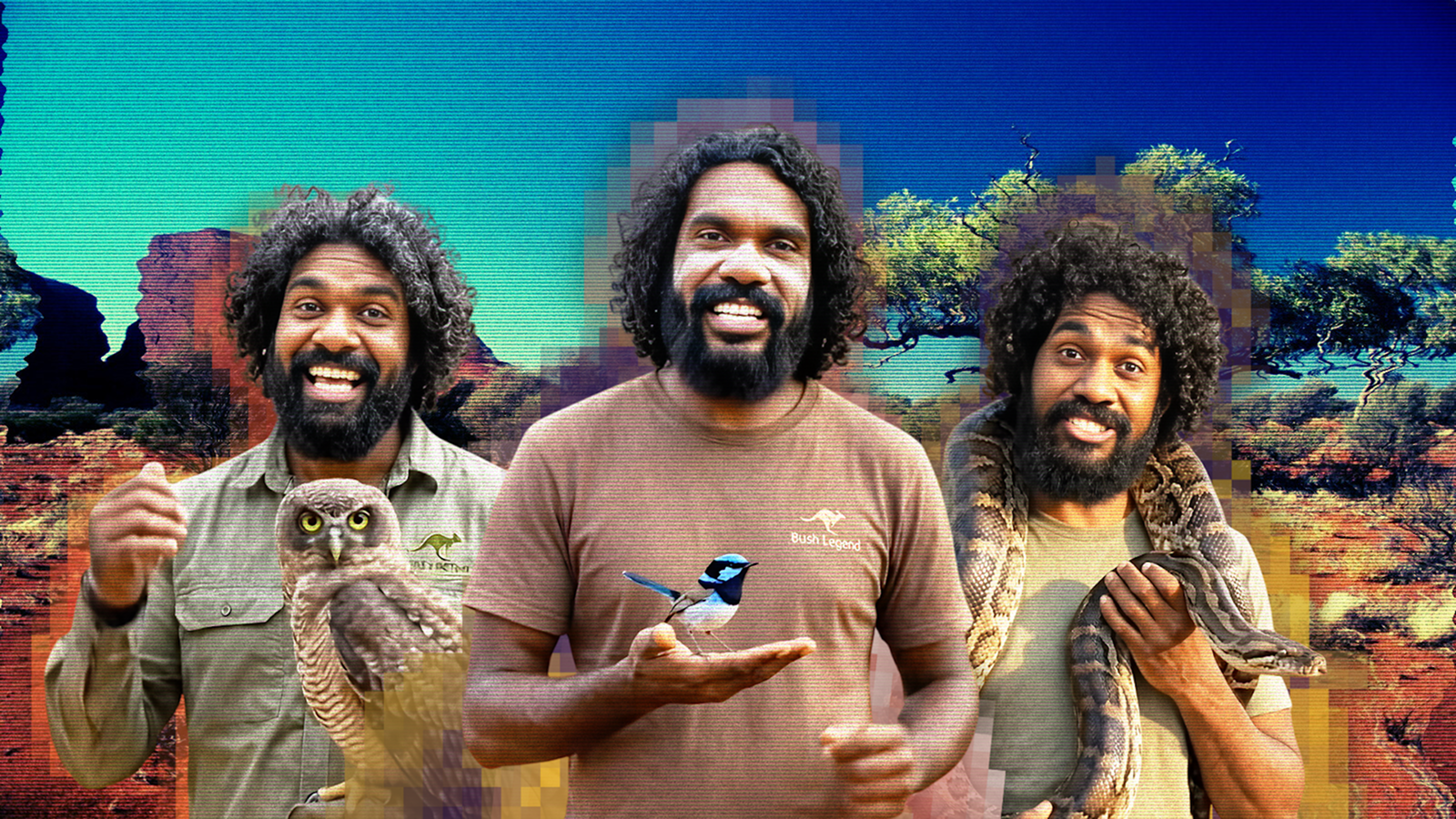Taking Too Much Vitamin D May Backfire, Study Suggests

Getting too little vitamin D is a well-known health risk, but a new study from Denmark suggests that getting too much could also be unhealthy.
Researchers examined blood samples from nearly 250,000 people in Copenhagen and found that those with middle levels of the vitamin, around 50 nanomoles per liter (nmol/l) of blood, had the lowest risk of dying over a three-year period. Compared with this group, people with very low levels of vitamin D, about 10 nmol/l, had the highest mortality rate— they were 2.31 times as likely to die over course of the study.
But people with higher-than-normal levels of vitamin D, about 140 nmol/l, were 1.42 times more likely to die over the study, compared with the lowest-risk group.
“A lot of research has been conducted on the risk of vitamin D deficiency,” said study author Darshana Durup, a doctoral student at the University of Copenhagen. “However, there is no scientific evidence for a ‘more is better’ argument for vitamin D.”
The researchers cautioned they found an association, not a cause-and-effect link, and more research must be done.
The blood samples were taken from people of all ages, who went to the doctor expressing myriad health concerns, and had their vitamin Dlevels measured as a result, the researchers said. After three years, 15,198 participants had died.
Vitamin D is critical to bone health, as it helps the essential nutrient calcium reach the bones. Some studies have suggested that low levels of the vitamin be linked with a higher cancer risk, but the evidence for this is conflicting.
Get the world’s most fascinating discoveries delivered straight to your inbox.
Main sources of vitamin Dinclude milk, eggs, many types of seafood and sunlight.
Pass it on: While not having enough Vitamin D is a well-known health risk, getting too much might also increase risk of mortality.
Follow MyHealthNewsDaily on Twitter @MyHealth_MHND. Find us on Facebook.
 Live Science Plus
Live Science Plus






